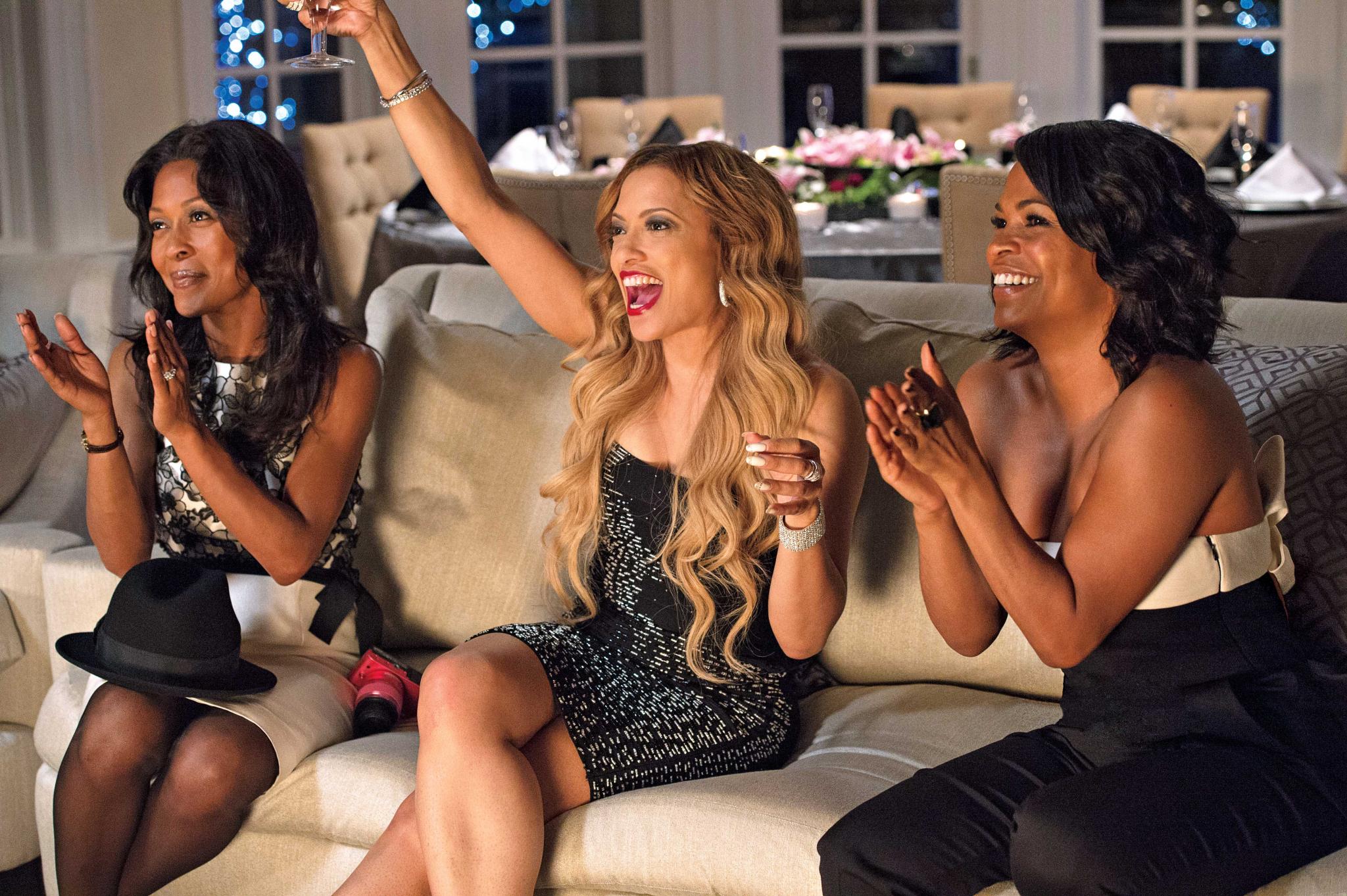
Funny how a good moment can suddenly turn sour. Last weekend saw The Best Man Holiday beat all types of box office projections, cruising to a $30 million tally. I personally wasn’t surprised – the amount of excitement I saw at the first mention of the sequel months ago showed me that this was going to be a blockbuster. But while the fact that it came in second for the weekend was news, what really got folks all abuzz was when a national paper described it as a “race-themed film” in a headline. As usual Black Twitter came out in force and produced some hilarious comments and pushback. The headline was quickly changed (and addressed by editors) and folks basically moved on. But this raises a larger question: What actually makes a “black film?” And is this label even important or necessary anymore?
This may seem like a weird article for me to write considering I just wrote my last column about why everyone needed to see 12 Years A Slave. But hear me out. It is one thing to say that we as a community should support (good) movies that are told from our perspective or written and directed by people of color. But it’s another to say that The Best Man Holiday was a black movie. This highlights the fact that for most people, what makes a movie a “black movie” or a “Hispanic movie” is the racial makeup of the cast, yet other movies aren’t called “white movies.”
It reminds me of that moment you realize that the flesh-colored crayon doesn’t match your skin. Or when you’re older and you see that the nude hose isn’t really nude on you and you realize that the standard definition of what is normal is whiteness.
So is The Best Man a black movie? In my mind, no. Does it start an all-black cast? Yes, but so what? The question should be, if you swapped out the race of the characters, would the story hold true for the most part? If the answer is yes, then it is just a movie! Not giving anything away here, but there is not one character in The Best Man Holiday who could not have been white, Hispanic, Asian or Native American. The central stories could have still been told, with just minor adjustments here and there.
Is 12 Years A Slave a black movie? Well, yes and no. I would argue that anything about slavery is just an American story, period. That said, you can’t apply my test above and still have the movie make sense, obviously. Same holds true for The Butler. So I would argue, that yes, if you had to put a label on it, those two movies would qualify.
But do we need the labels anymore? Why do some parts of Hollywood still feel the need to segment and segregate its content? Is it laziness? Probably. The conspiracy folks out there would say it’s a way to telegraph who should really be going to see certain movies. Maybe it’s a bit a both, but as our country becomes more and more diverse, these labels and divisions become more outdated and artificial. At the end of the day, all people just want to see a good movie. It shouldn’t matter what label it’s given. As long as there are a diversity of stories being told and a range of people telling them, Hollywood and the media that covers them should resist the urge to put everything into silos.
By the way, make sure you see these movies! Because they’re just really good, of course.
Daniella Gibbs Léger, a former special assistant to President Obama, is the Senior Vice President for American Values and New Communities at the Center for American Progress. Follow her on Twitter @dgibber123
